Key Takeaways:
- Fleet tracking software will simplify your operations, not complicate them.
- Investing in GPS tracking doesn’t mean you don’t trust your staff.
- Fleets of any size can benefit from GPS tracking, especially smaller ones.
GPS fleet tracking technology has undeniably revolutionized the way businesses manage their valuable assets.
However, despite its many proven benefits, misconceptions and myths about it still persist, often deterring businesses from embracing this game-changing tool.
That’s why we decided to write an article fully dedicated to debunking five common myths surrounding this tech.
We hope that, by shedding light on these misconceptions through statistics, examples, and insights from industry experts, we can help you make your own, well-informed decision about whether or not GPS tracking is the right fit for your operations.
Let’s begin.
In this article...
GPS Fleet Tracking Is Expensive
GPS tracking does involve an initial investment in hardware (GPS trackers) and a recurring monthly subscription for software (fleet management platform), so it’s no surprise that fleet managers often worry about the overall cost of implementing such systems.
However, any seasoned user of GPS monitoring will tell you that the technology’s benefits far outweigh the expenses.
Research by Verizon Connect supports this sentiment, revealing that 70% of fleet professionals consider GPS tracking extremely valuable for their operations as it helps them improve productivity, maintenance, customer service, routing, and fuel consumption.
Remarkably, 41% of the survey respondents report achieving a positive ROI within a year of putting the technology into action.
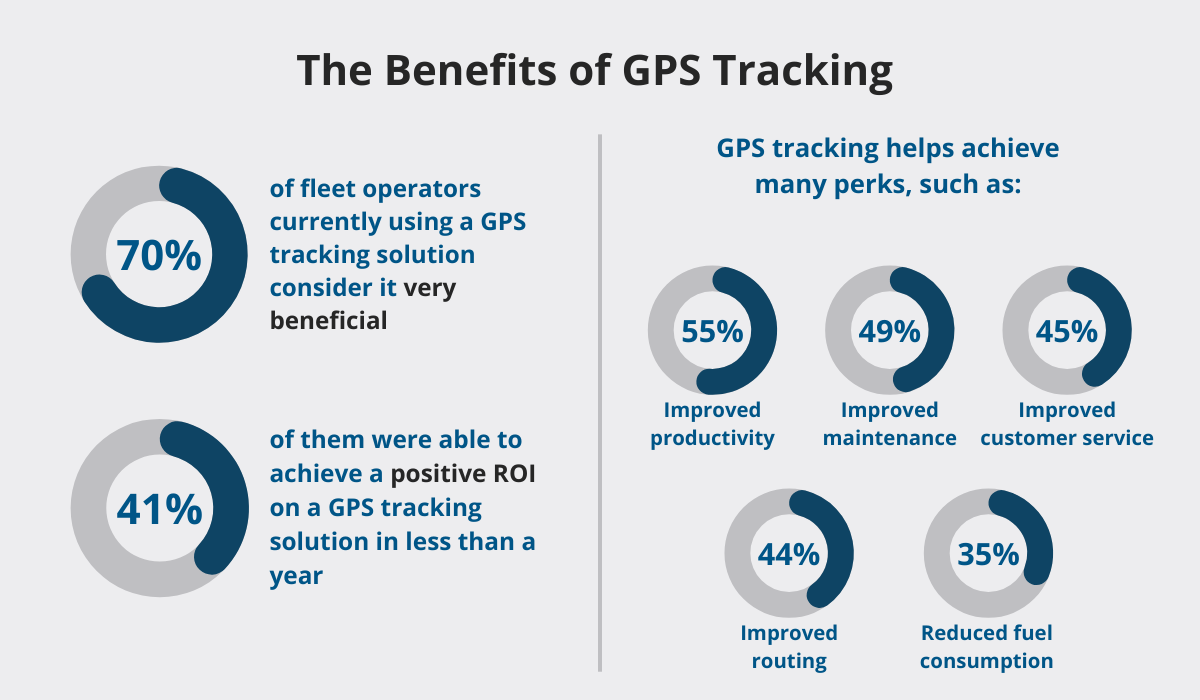
It makes sense, really.
GPS monitoring provides complete visibility into fleet performance, driver behavior, vehicle conditions, and asset utilization.
All of these are essential for informed decision-making, as well as efficient and cost-effective fleet management.
But that’s not all.
GPS tracking excels in boosting driver safety, too, as confirmed by 74% of fleet operators surveyed by GPS Insight.
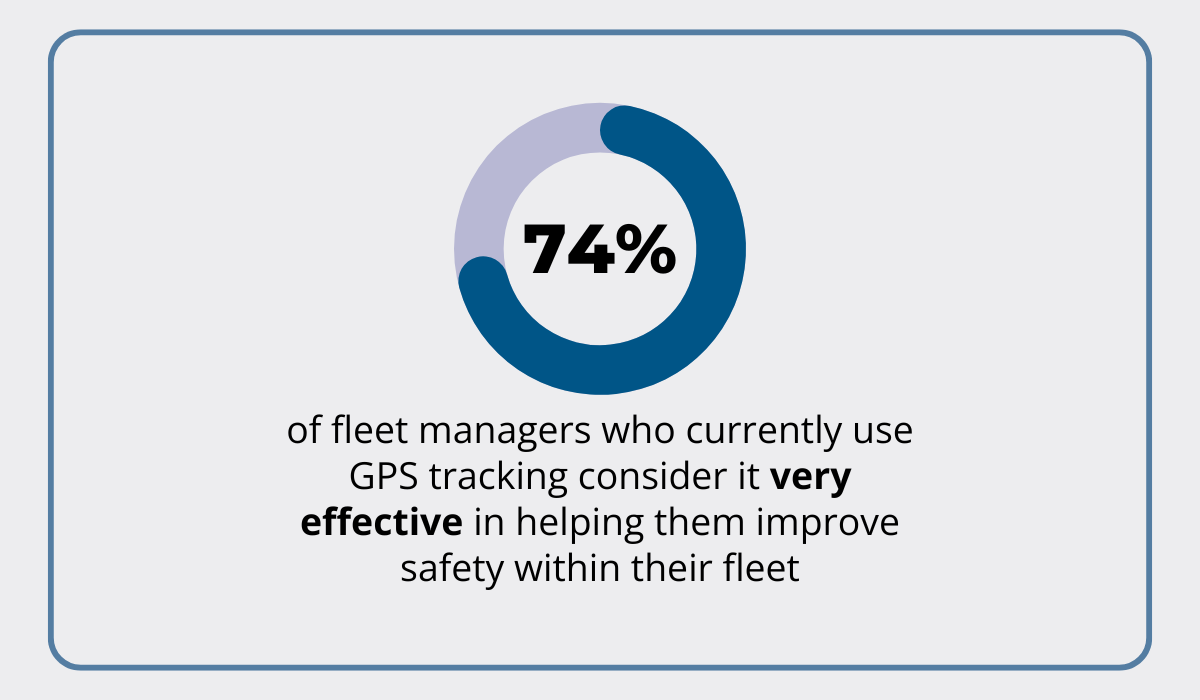
The peace of mind derived from knowing that your team is safe while on the road is invaluable and it alone would justify the purchase, but let’s not forget the perks that come with safer driving.
Think of reduced insurance premiums, lower accident costs, and even fewer legal disputes.
So, does GPS monitoring come with a price tag? Of course.
But is it worth it? Absolutely.
From increasing productivity and protecting driver well-being to uncovering cost-saving opportunities and preventing asset theft, GPS tracking demonstrates its value across various aspects of fleet management.
So if you’re looking for a smart investment that’ll pay off in more ways than one, GPS monitoring definitely fits the bill.
Tracking My Fleet Means I Don’t Trust My Employees
Absolutely not.
If anything, implementing GPS tracking demonstrates your concern for your employees’ well-being and your commitment to ensuring their safety.
Sure, there probably will be some workers who will initially resist this new technology, but more often than not, they are the ones who already struggle in certain areas.
For them, GPS monitoring may seem daunting.
However, the majority will likely welcome the additional layer of protection on the road, as well as the elimination of administrative tasks such as manual mileage or Hours of Service (HOS) tracking and record-keeping.
They’ll also value the system’s ability to shield them and the business from false accusations.
Vicki Laake, Office Manager at Papalia Home Services, experienced this firsthand.
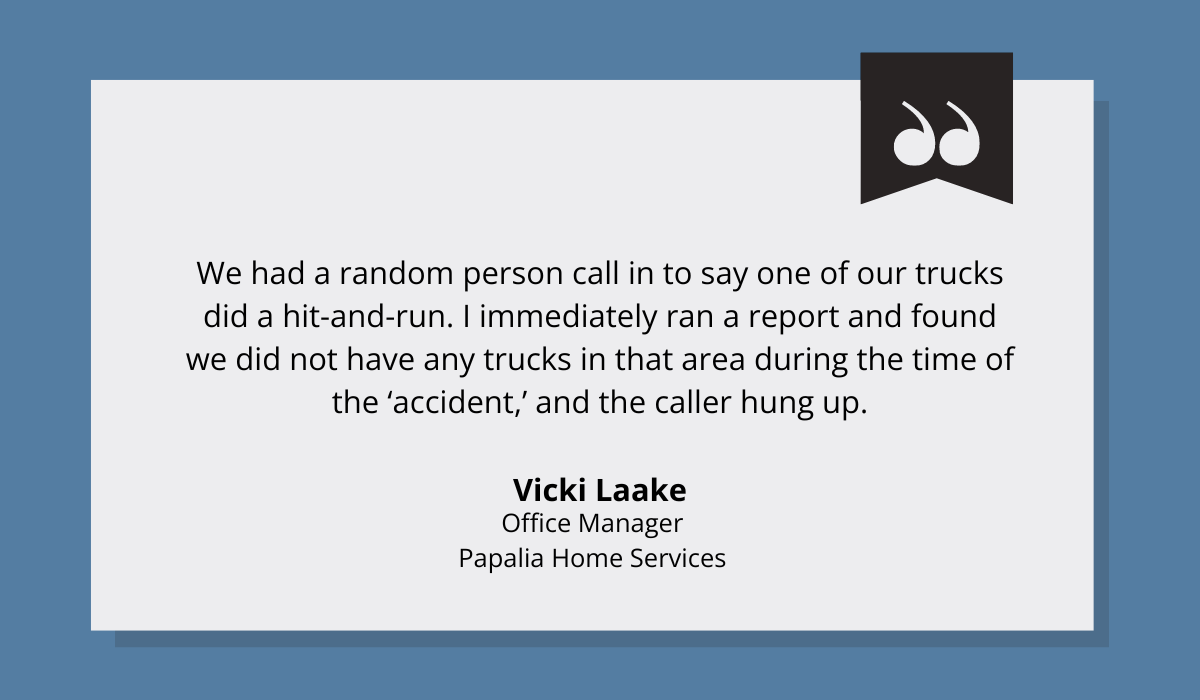
If it weren’t for their GPS system in that particular situation, both the drivers and the company as a whole would be in a world of trouble.
Of course, there are steps you can take to ensure your team fully embraces your new GPS tracking solution.
Start by openly communicating with them, explaining that GPS isn’t meant for spying or micromanaging, but rather for safeguarding them, the business, and the clients.
Fred Wagner, a retired pool industry professional, sums it up aptly.
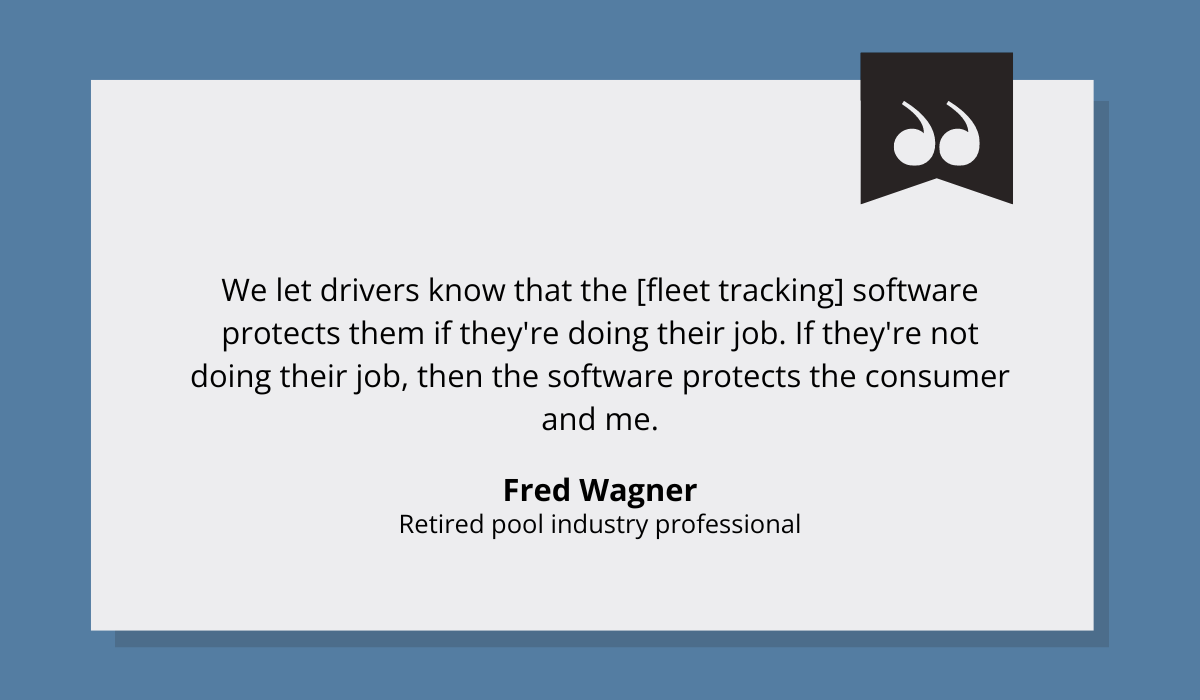
Ultimately, once the workers understand why this technology is necessary, it’ll be much easier for them to accept it.
But remember, the way you use GPS monitoring can also affect the drivers’ perception of the technology.
Instead of solely focusing on identifying inefficiencies or weak performers, consider using it to acknowledge safe, reliable employees as well.
In other words, reward those who, for example, adhere to speed limits, practice safe acceleration and braking, use seatbelts, and follow designated routes.
It’s a surefire way to boost morale and accelerate everyone’s acceptance of the technology.
The majority of efficient fleet managers are already doing it, research shows.
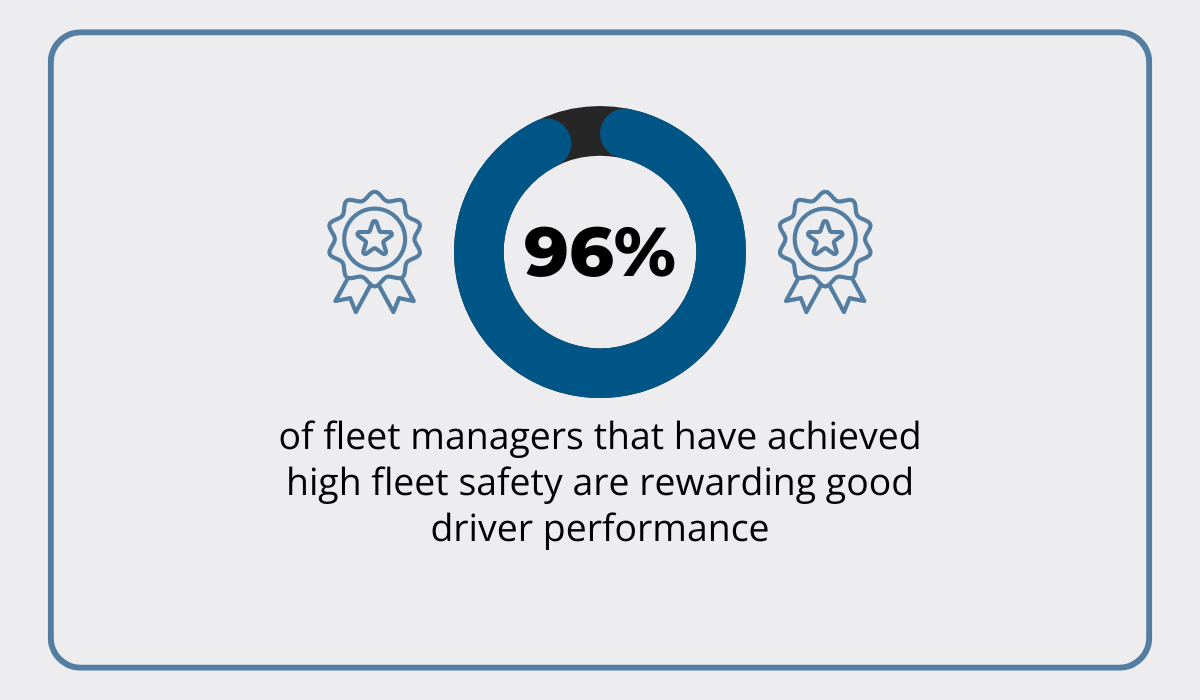
Overall, GPS tracking certainly isn’t something to fear or a sign of mistrust.
Still, it’s up to you, as a fleet operator, to convey this message effectively and utilize the technology in a manner that motivates and benefits your drivers.
GPS Fleet Tracking Systems Are Complicated
A GPS tracking solution is supposed to simplify your operations, not make them even more complex and sluggish.
Again, yes, setting up and adjusting to the system may take some time, but remember: you’re not alone in this process.
Software vendors are always here to assist you with device installation, employee training, and troubleshooting.
After all, it’s in their best interest for you to use their product without any hiccups.
Now, just to give you an idea of what the installation process looks like and to show you it’s not as daunting as you might think, we have outlined its steps in the image below.
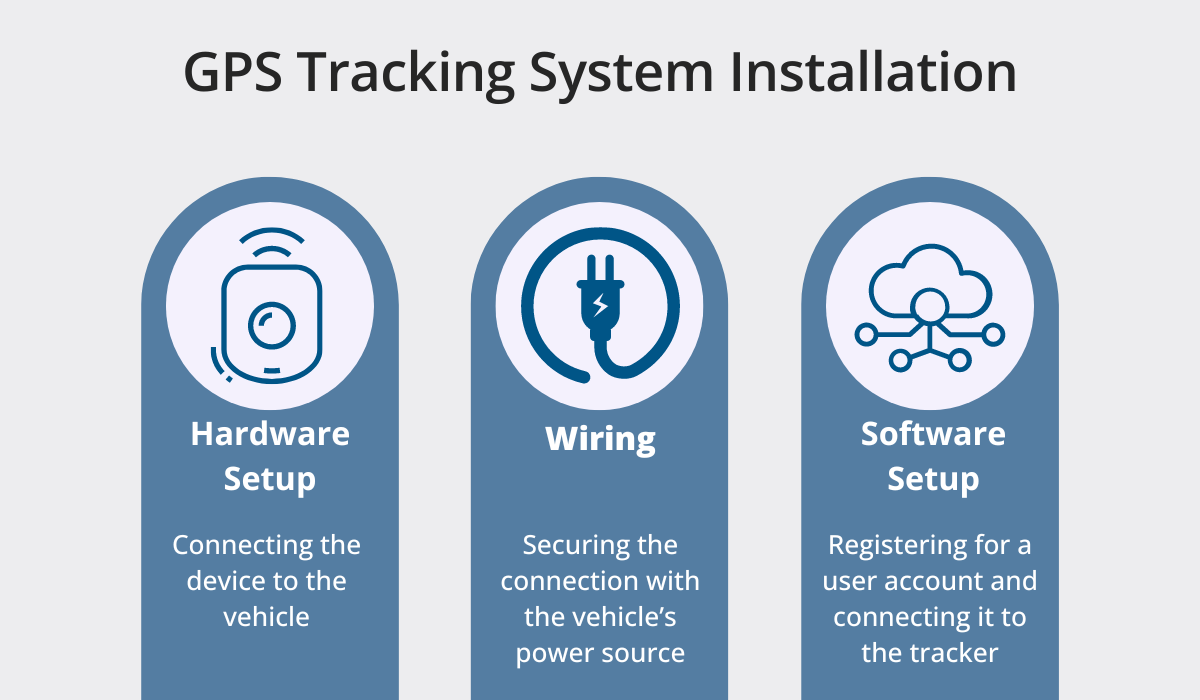
Once that’s done, it’s all smooth sailing from there.
When it comes to training, it typically isn’t overly extensive because your team likely already has some experience with GPS technology and knows more about it than they realize.
Therefore, mastering basic tasks like monitoring asset locations, generating reports, setting up geofences, and managing alerts shouldn’t take too long.
Of course, the extent of training required may vary based on factors such as your fleet’s needs, user expertise, and system complexity.
At GoCodes Asset Tracking, for example, we take pride in creating an incredibly user-friendly solution, even for less tech-savvy workers.
Our real-time GPS tracking devices are easily installed, and our software features a simple, clean, and intuitive interface that’s easy to navigate.
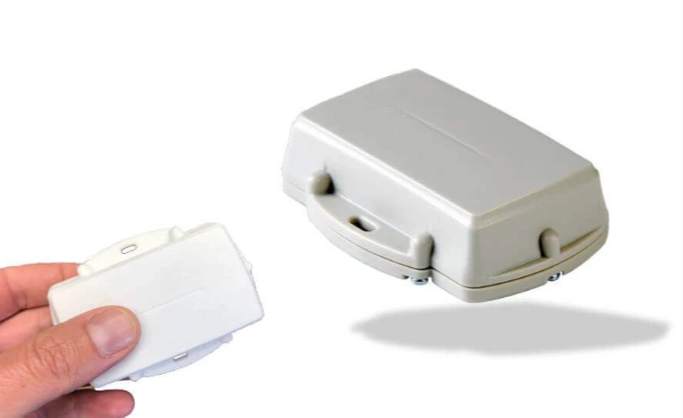
Plus, we offer a wealth of resources on the GoCodes Asset Tracking website, including customer tutorials, FAQs, legacy videos, and in-depth articles on asset management, guiding you every step of the way or serving as a refresher later on.
Our customer service is also readily available, at no extra cost, to address any additional questions.
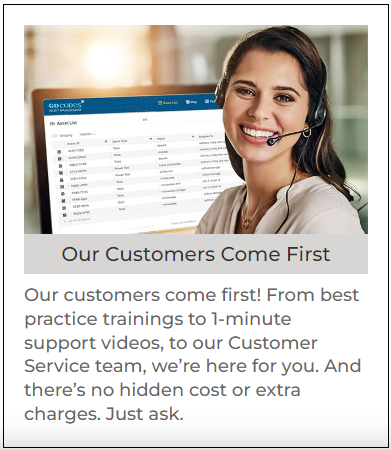
But don’t take our word for it by any means.
Instead, take full advantage of our 15-day free trial to see if GoCodes Asset Tracking GPS trackers are the right fit for you.
That way, you get to explore the system’s capabilities firsthand, gather feedback from your team, and ensure it meets all your requirements.
Because, let’s be real, who has time to waste on a system that’s not pulling its weight?
My Fleet Is Too Small for GPS Tracking
Another common misconception about GPS fleet tracking is that it’s just for the big players with hundreds of vehicles in their fleet.
However, that’s far from the truth: fleets of any size can use this technology.
In fact, smaller fleets may benefit from GPS monitoring even more in certain cases, says Christopher Lindsay, Senzit’s Head of Sales.
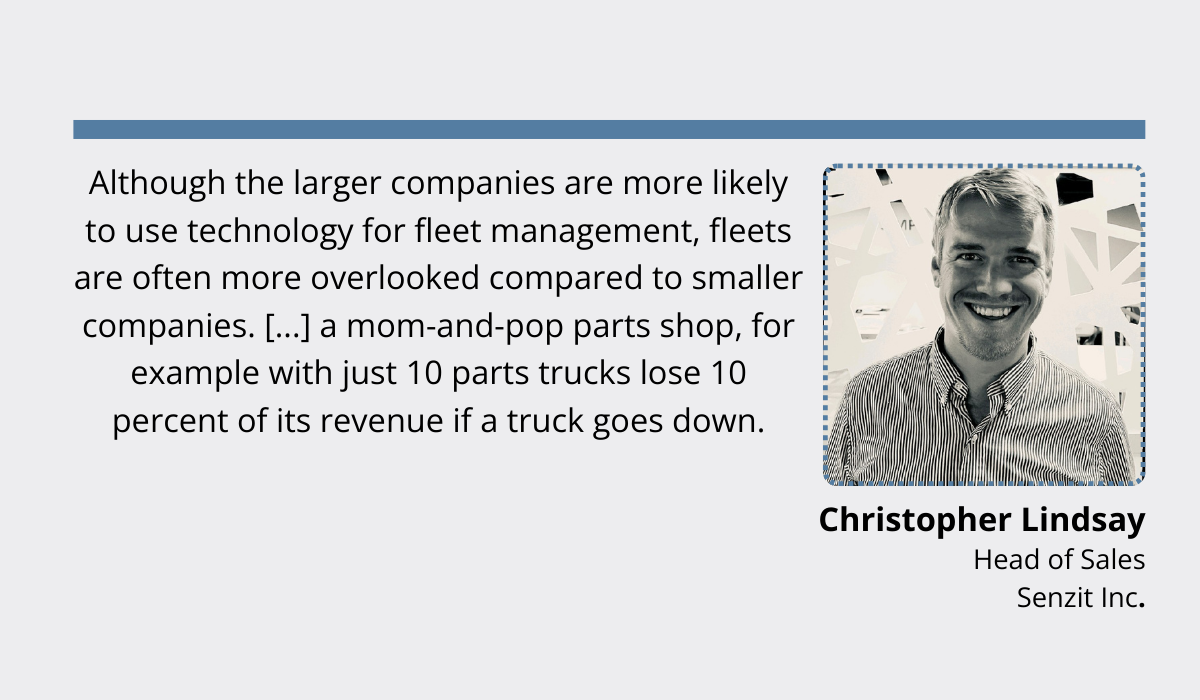
For small businesses, every bump in the road, be it a machine malfunction, a surge in fuel prices, or issues with underutilized assets, has a large impact on their operational efficiency and financial health.
In other words, small fleets need to be able to outperform their large competitors at cost control, resource allocation, and maximizing vehicle uptime just to stay ahead of the game.
And let’s not forget about the issue of equipment theft looming large over these small companies, too, causing them significant project delays, budgetary strain, and, ultimately, stress and ruin.
Fortunately, GPS technology’s real-time tracking capabilities offer a lifeline when it comes to stolen asset recovery.
Take Cable East Inc., for example.
This telecommunications construction firm from Georgia saved $2.5 million by successfully retrieving stolen assets through GPS monitoring, as Billy Porter, the company’s Risk Management Director, explains.
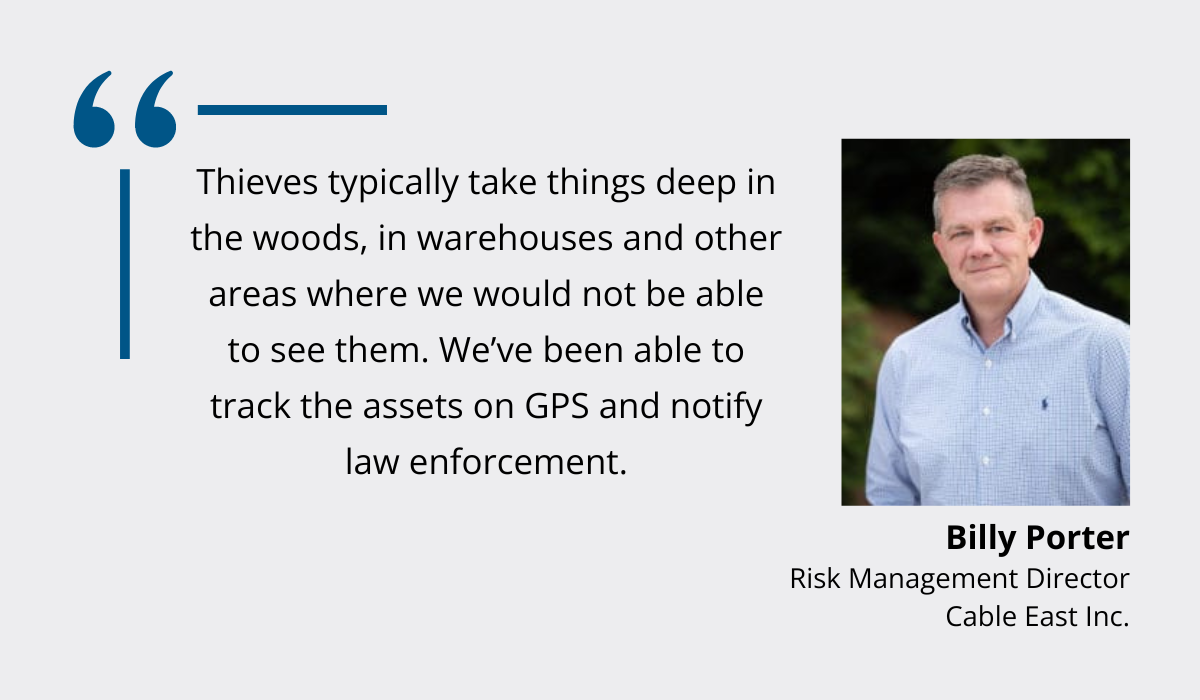
At the end of the day, thieves couldn’t care less about the size of your fleet. All they see are potential profits.
But for smaller businesses, the repercussions of theft are disproportionately severe.
Unlike their larger counterparts, they simply don’t have a surplus of vehicles lying around or a bottomless budget for asset replacements.
That’s why GPS tracking is such a valuable tool for even the smallest of fleets.
It ensures every single machine is used to its full potential and protected from theft or unauthorized use, no matter what.
GPS Fleet Tracking Is Unnecessary
Okay, so, GPS tracking isn’t expensive or complicated, nor is it exclusive to large companies.
But, is it really necessary? After all, there are many other ways to manage your fleet, like paper logs or free apps, for instance.
To answer this question, we have to look at the alternative, i.e., what happens when you don’t use a GPS fleet monitoring system.
Well, without this technology, you and your team have to manually keep tabs on:
- vehicle mileage,
- driver service hours,
- maintenance schedules,
- fuel usage,
- vehicle conditions, and
- asset utilization, among many other things.
Needless to say, this approach is inherently prone to human error and data loss, but also lacks the most important element of fleet management: real-time fleet information.
Ultimately, this translates into a significant productivity decline, as Guillaume Poudrier, president of Geothentic, points out.
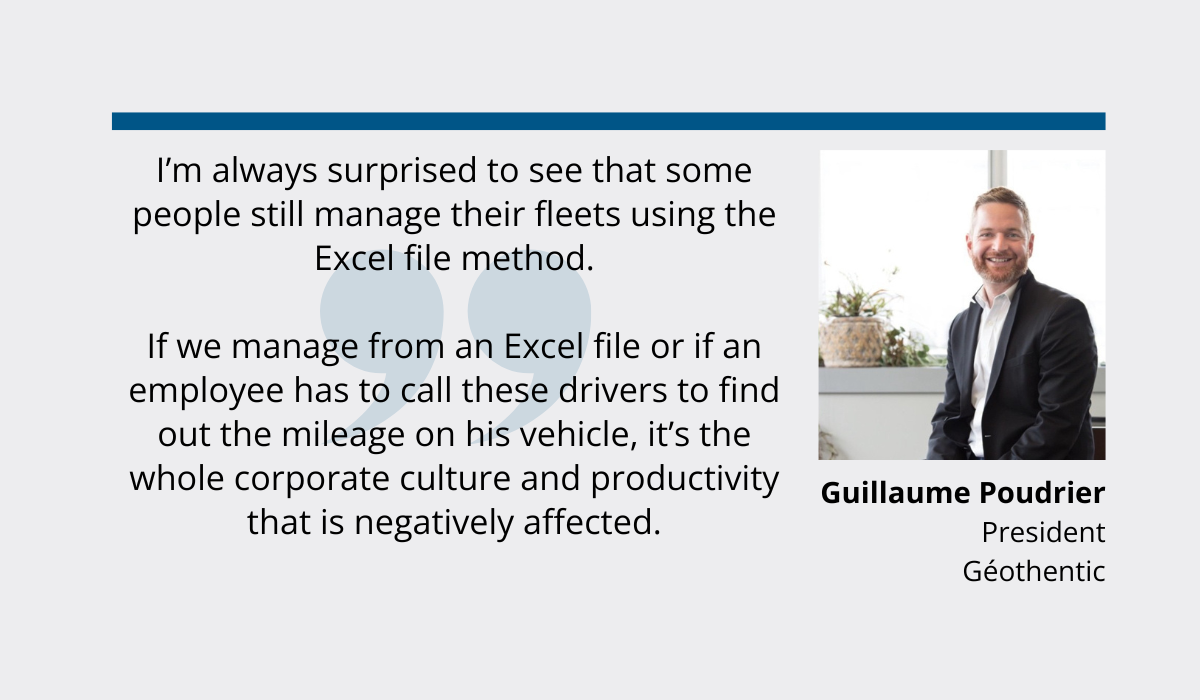
How can you efficiently deploy equipment across various job sites without knowing where they are and who’s using them in real time?
Or how can you ensure overall safety and effectively train drivers without visibility into their on-road behavior?
Obviously, you can’t.
But it’s not just about productivity.
As Rober White, Operations Manager at Maple Hill Lawn & Garden, highlights, your bottom line is also at stake without GPS tracking:
“Before using a fleet tracking solution, things were a big mystery. A lot of it was crossing your fingers and hoping to goodness that the bottom line panned out the way you wanted it at the end of each day, month, and then year. We did the best we could with paper documentation, but there was a lot of chance for error and dishonesty.”
Lack of proper asset monitoring can easily lead to you overspending on fuel, maintenance, repairs, and asset replacements without even realizing it.
At the same time, your valuable assets become exposed to threats like theft, misuse, and premature wear and tear, ultimately costing you more money than they help you make.
In any case, dismissing GPS tracking in today’s highly competitive business environment would be a huge mistake for any fleet manager out there.
From enhancing driver safety and equipment efficiency to thwarting theft and streamlining maintenance, GPS does it all—and it does it successfully.
Any alternative simply pales in comparison.
Conclusion
Hopefully, now you see GPS tracking for what it truly is: cost-effective, user-friendly technology, essential for efficient and profitable fleet management.
Of course, these systems are not one-size-fits-all solutions.
You’ll need to roll up your sleeves and do some research on your own before you find the one that’s right for you.
Pay attention to the features, pricing, customer support, and online reviews, and never hesitate to reach out to vendors if you have any questions.
Plus, those free trials exist for a reason. Make sure you take full advantage of them.
Ultimately, if you choose wisely, you’ll be reaping all the rewards of this amazing technology, taking your fleet to whole new heights.





